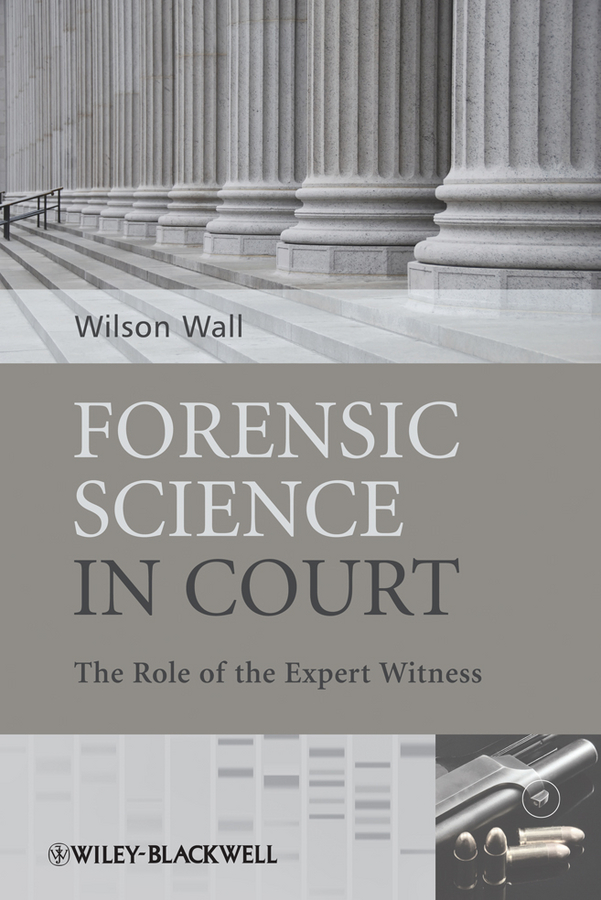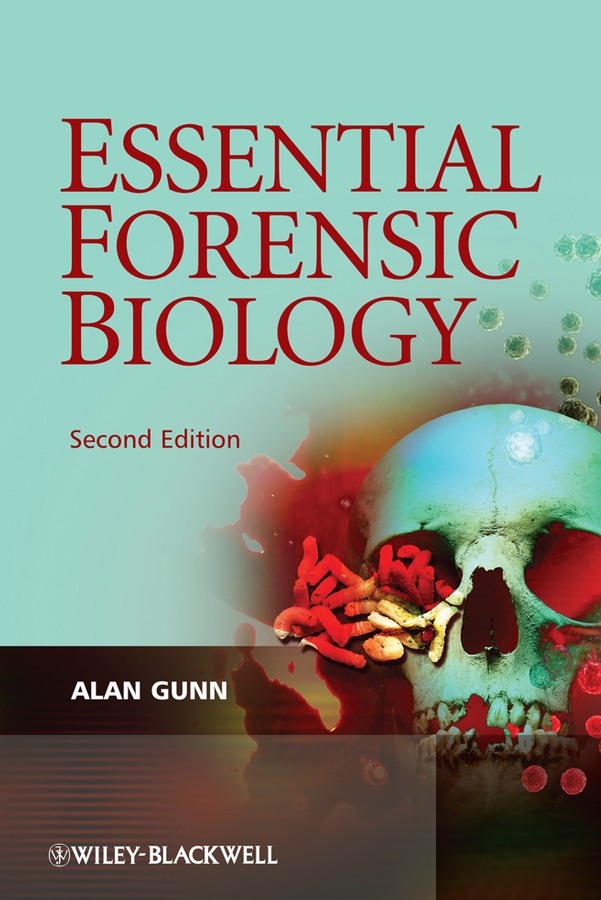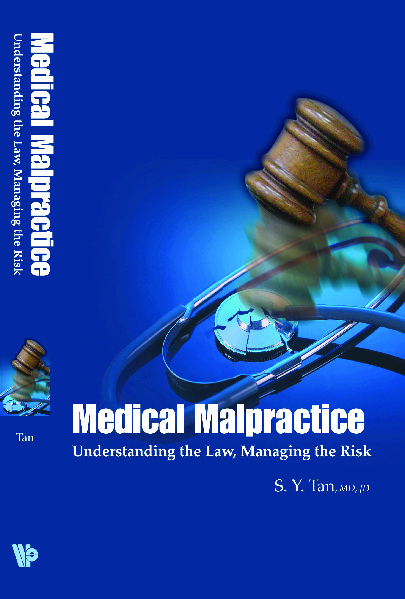CLCR-05
LanguageENG
PublishYear2009
publishCompany
Wiley
EISBN
9780470743331
PISBN
9780470985762
edition
1
- Product Details
- Contents
Forensic Science in Court: The Role of the Expert Witness is a practical handbook aimed at the forensic science student, to help them prepare as an expert witness when presenting their evidence in court. Written in a clear, accessible manner, the book guides the student through the legal process and shows them how to handle evidence, write reports without ambiguity through to the more practical aspects of what to do when appearing in court. The book also offers advice on what to expect when working with lawyers in a courtroom situation. An essential text for all students taking forensic science courses who are required to take modules on how to present their evidence in court. The book will also be an invaluable reference for any scientist requested to give an opinion in a legal context. Dr Wall has worked extensively, both here and abroad, as an expert witness and is very aware of the importance of understanding the way in which the court system works. Having been an occasional lecturer at the University of East London, Staffordshire University and Wolverhampton University, on their forensic science courses, he has dealt with the technical details of being an expert witness. This is particularly welcomed by the staff and students because it is very rare for academic staff to have such experience. Simply visiting a court does not equip individuals to appear as an expert witness. Dr Wall has also been involved in civil rights cases overseas which demonstrated the value of understanding the way in which a Court functions. Consequently it is envisaged that this would be a book which would appeal to both students and trainee forensic scientists, many of which have not done forensic science degrees. The courses that Dr Wall has been involved with have always tended to lack the practical aspects of being an expert witness, from forms of address to plausibility and the layout of the court.
Collected by
- University of Cambridge
- Princeton University
- Yale University
- University of Oxford
- Harvard University
- Columbia University Library
- University of Chicago











